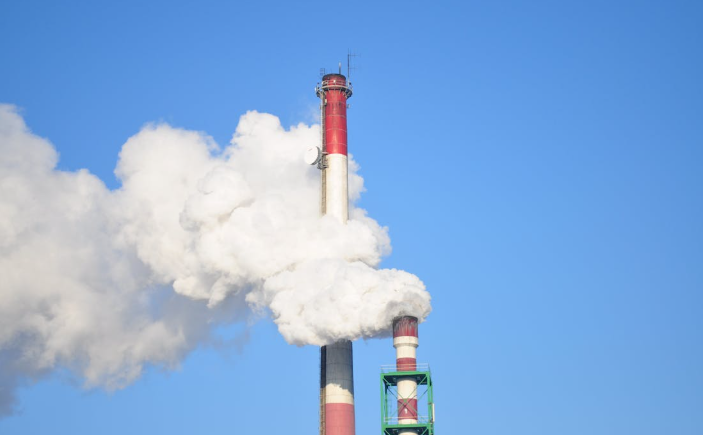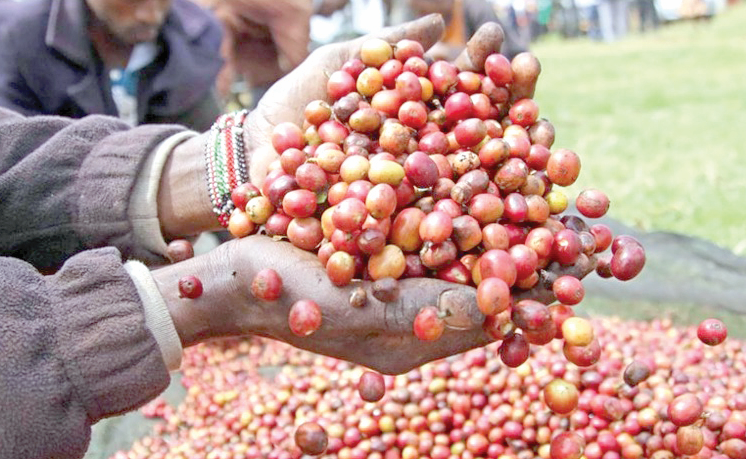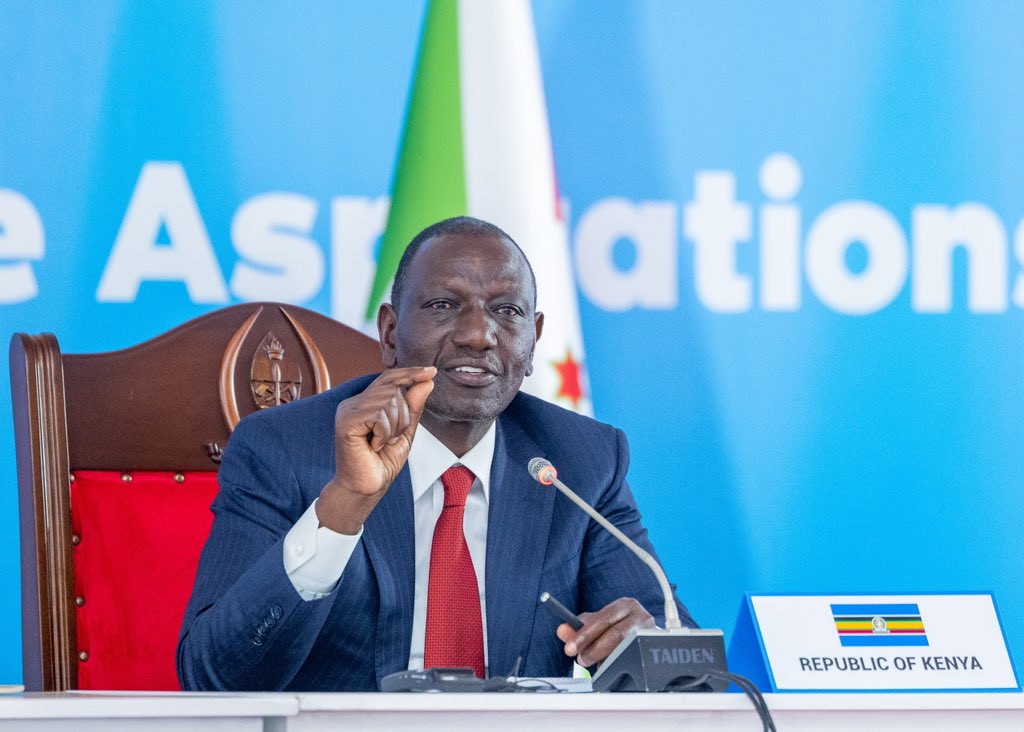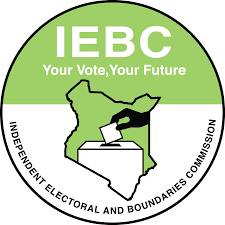Study: Four policies could eliminate carbon-linked waste

A new scientific study has revealed that just four global policies could eliminate more than 90 per cent of plastic waste and 30 per cent of linked carbon emissions by 2050.
Ahead of the United Nations Plastic Negotiations in Busan, South Korea, next week, a new study has determined that just four policies can reduce mismanaged plastic waste – plastic that isn’t recycled or properly disposed of and ends up as pollution – by 91 per cent and plastic-related greenhouse gases by one-third.
The comprehensive new study conducted by researchers at the University of California Berkeley and the University of California Santa Barbara released in the Science journal on November 14, 2024, reveals that an ambitious treaty can nearly eliminate plastic pollution – a threat to people, wildlife and the climate.
The policies to tackle the global plastics menace identified in the study are: (i) mandate new products be made with 40 percent post-consumer recycled plastic, (ii) cap new plastic production at 2020 levels, (iii) invest significantly in waste management – such as landfills and waste collection services, and (iv) implement a small fee on plastic packaging.
This policy package also delivers climate benefits, reducing emissions equivalent to taking 300 million gasoline-powered vehicles off the road for one year, according to the researchers.
The study, ‘Pathways to reduce global plastic waste management and greenhouse gas emissions by 2050’, comes in advance of negotiations in Busan, Republic of Korea from 25 November to December 1, 2024, where delegates from more than 190 countries are expected to iron out the final details of the world’s first legally binding treaty on plastic pollution.
Kenya, the headquarters of the United Nations Environment Programme (UNEP) and recognized globally for its historic ban on the use, production and importation of plastics in August 2017, will be one of key players at the UN Plastic Negotiations in Busan.
The ban applied to all plastic bags used for commercial and household packaging including flat bags and bags with handles. The ban was prompted by environmental and health concerns including plastics clogging water drains, mosquito-borne diseases like malaria, chemicals release when plastics are burned, and plastic bags ingested by livestock.
The ban was prompted by environmental and health concerns, including: Plastic bags clogging water drains, Mosquito-borne diseases like malaria, Chemicals released when plastic bags are burned, and Plastic bags ingested by livestock.
Although there have been some successes in the enforcement of the ban, challenges remain since some neighbouring countries still use plastic bags, and some are illegally imported into Kenya. Also, some people are skeptical about the ban’s effectiveness and feasibility given that plastics are still in use in various forms and capacities.
However, the ban has had some positive effects including a decline in the amount of marine litter reaching the oceans and most traders and end users have complied with the ban.
Researchers who conducted the ‘Pathways to reduce global plastic waste management and greenhouse gas emissions by 2050’ study are upbeat that the upcoming negotiations in Busan are a golden opportunity for the international community to come together as a planet to fix the plastics problem. “One of the most exciting discoveries in this research is that it is actually possible to nearly end plastic pollution with this Treaty. I’m cautiously optimistic but we can’t squander this once-in-a-lifetime opportunity,” said Dr Douglas McCauley, professor at UC Santa Barbara, adjunct professor at UC, Berkeley.













